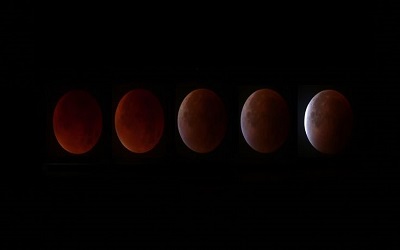PTE考生目前最大的问题之一就是练习题缺乏。除了有限的基本官方书(PLUS,Testbuilder, OG)之外,就没有题了。很多英语基础不是很扎实的同学很难找到练习材料。墨尔本文波雅思PTE培训学校专门为墨尔本,悉尼PTE考生准备了适合PTE听力阅读练习的科学60秒。各位PTE同学可以练习PTE听力中的summarise spoken text和PTE口语中的retell lecture,练习记笔记技巧和复述。废话少说,下面开始:
60秒科学:Oddball Eclipse Makes Star Brighter
听力内容:
60秒科学节目(SSS)是科学美国人网站的一套广播栏目,英文名称:Scientific American – 60 Second Science,节目内容以科学报道为主,节目仅一分钟的时间,主要对当今的科学技术新发展作以简明、通俗的介绍,对于科学的发展如何影响人们的生活环境、健康状况及科学技术,提供了大量简明易懂的阐释。
Eclipses are supposed to make things go dark: the moon blocks the sun, and day turns to night. Now astronomers have accidentally discovered the opposite: an eclipse that makes a star brighter.
Thank Einstein. And Kepler the space telescope, not Johannes. Launched in 2009, Kepler watched more than 100,000 stars, looking for tiny dips in a star’s brightness caused by orbiting planets when they pass in front of their sun.
But one star didn’t get the memo. Every 88 days, itbrightens slightly.
Researchers realized that they were actually seeing a binary star system. One of the pair is big and bright like our sun. The other is a white dwarf a small, dim star a little larger than Earth, but so dense that a spoonful weighs tons.
Because of its high mass, when the white dwarf passes in front of its mate its gravity bends and amplifies the larger star’s light, just as Einstein said. In other words, the white dwarf acts like a lens that makes the bigger star appear brighter during the eclipse. The report is in the journal Science.
Black holes that orbit stars should do the same thing. So someday someone might find a black hole by looking for the light.
–written by Ken Croswell, voiced by Steve Mirsky





